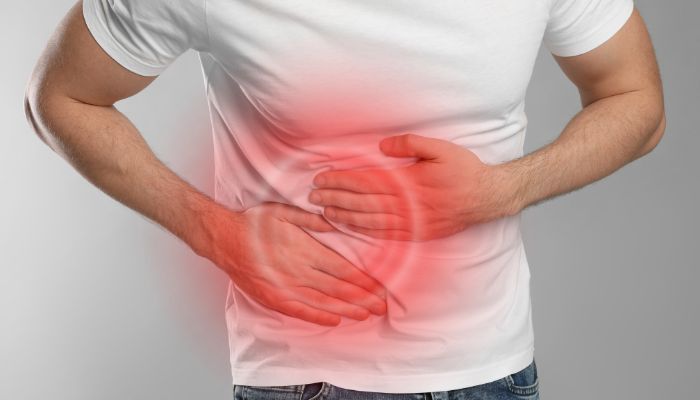Worry about your concern!!
Online consultation · Starts at just ₹199
Consult with top specialist doctors in their fields


The Appendix: Purpose, Problems, and Treatment
The appendix, a small, tube-like structure located in the lower right side of the abdomen, often sparks curiosity and confusion. For years, scientists and medical professionals have debated its purpose, leading to a wide range of theories and studies. Let’s explore what the appendix is, why it exists, and what happens when it causes problems.
What is the Appendix?
The appendix is a little pouch that protrudes from the big intestine and resembles a finger. It is around 1/4 inch in diameter and 3 to 4 inches long. This little organ has generated a lot of discussion and interest in the medical world despite its diminutive size.
Theories About Its Purpose
For a long time, the appendix was considered a vestigial organ, meaning it was thought to have no real function in the human body. This belief stemmed from the fact that people can live perfectly healthy lives without their appendix.
However, recent studies suggest that the appendix might play a role in the immune system, particularly during the early years of life. Some researchers believe it acts as a reservoir for beneficial bacteria. When the body is hit by diseases that wipe out gut bacteria, the appendix can help repopulate the intestines with healthy bacteria, aiding in recovery.
Common Appendix Problems
Appendicitis is one of the most well-known diseases involving the appendix. When the appendix becomes inflamed and pus-filled, appendicitis develops. This illness has to be treated very away since it can cause excruciating stomach discomfort, particularly in the lower right side.
If left untreated, an inflamed appendix can burst, leading to a serious infection known as peritonitis. This is why doctors often recommend removing the appendix when appendicitis is diagnosed.
Symptoms of Appendicitis
Recognizing the symptoms of appendicitis can help ensure timely medical intervention. Common symptoms include:
- A sudden, lower right abdominal ache that starts near the navel
- Pain that becomes worse when you move, cough, or take deep breaths
- Nausea and vomiting
- Loss of appetite
- Fever
- Swelling in the abdomen
It's important to note that not everyone with appendicitis will have all these symptoms, and they can sometimes be mistaken for other conditions.
Diagnosis and Treatment
Doctors typically diagnose appendicitis through a combination of physical examinations, blood tests, and imaging tests like ultrasounds or CT scans. If appendicitis is confirmed, surgery to remove the appendix, known as an appendectomy, is usually necessary.
There are two main types of appendectomy: open surgery and laparoscopic surgery. Open surgery involves a single, larger incision, while laparoscopic surgery uses several smaller incisions and a camera to guide the operation. Laparoscopic surgery is less invasive and typically results in a quicker recovery time.
Life Without an Appendix
Living without an appendix doesn’t usually cause any long-term health issues. Since the appendix is not essential for survival, most people recover fully and continue to live healthy lives after an appendectomy.
In the absence of the appendix, the body can still perform all necessary functions effectively. The immune system adapts, and the intestines can still maintain a healthy balance of bacteria.
Conclusion
The appendix is undoubtedly a fascinating organ, even if it may not be the most glamorous one in the body. The appendix continues to be a topic of medical attention and study due to its contentious function and the prevalent ailment of appendicitis. Knowing the fundamentals of this little but important aspect of our anatomy can help us recognize when we need medical treatment and better comprehend the complexity of our bodies.
In conclusion, despite its small size and often neglect, the appendix is an intriguing component of human anatomy. It continues to be a topic of scientific interest and medical significance, regardless of whether it serves as a reservoir for germs, participates in the immune system, or has other unidentified roles. We may better understand the intricacy of our bodies and the need of promptly seeking medical attention when required if we remain knowledgeable about their functions and any problems.


